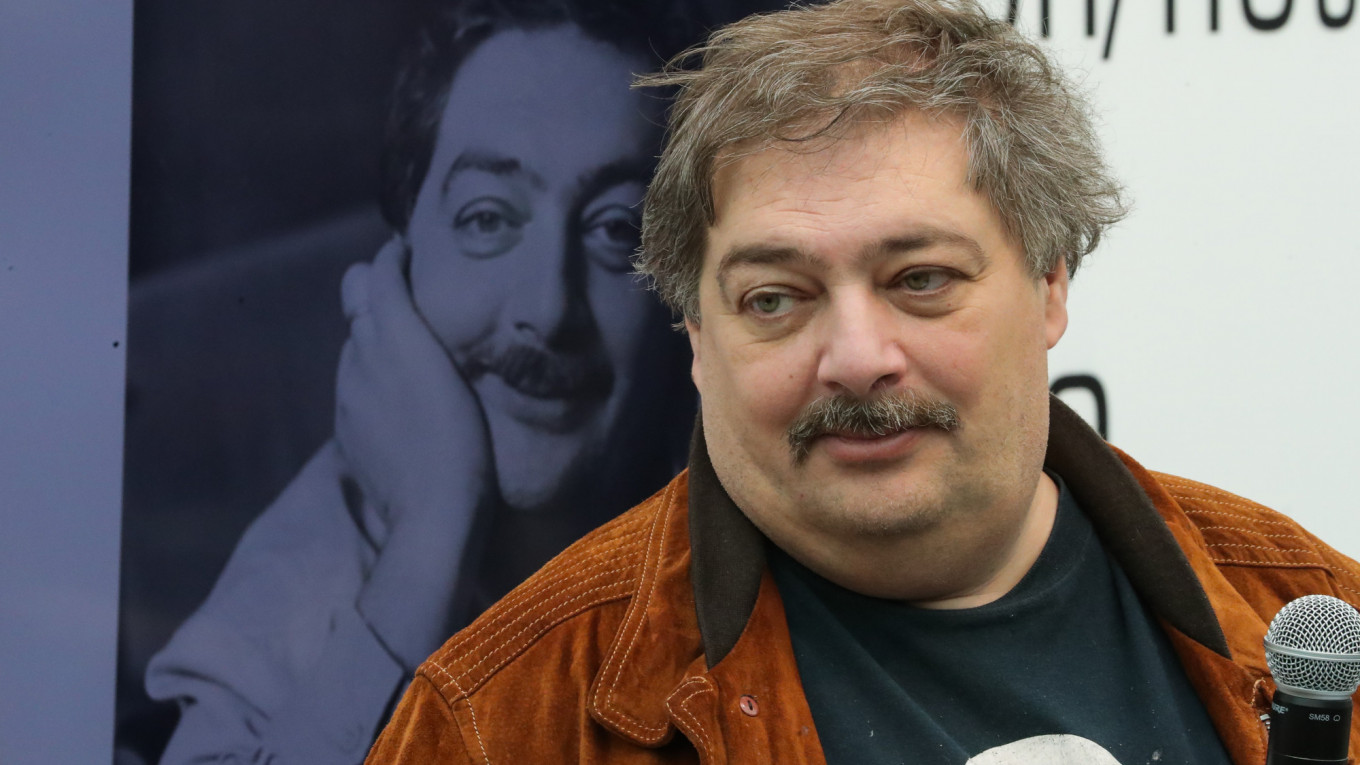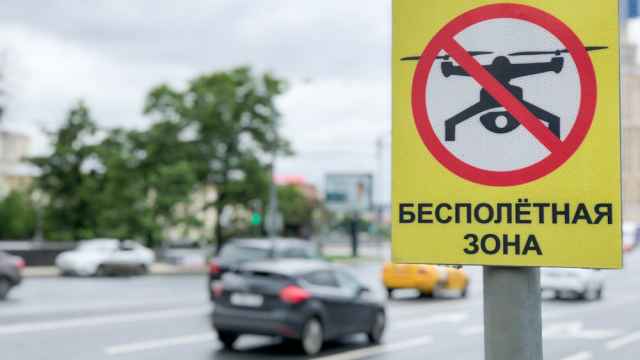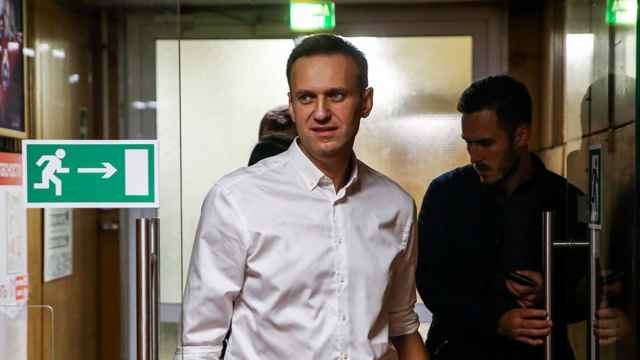Russian security agents linked to the poisoning of Kremlin critic Alexei Navalny previously poisoned prominent writer and journalist Dmitry Bykov, The Insider news website and Bellingcat investigative outlet reported Wednesday.
The latest report follows investigations by The Insider, Bellingcat and CNN claiming that alleged members of an elite Federal Security Service (FSB) chemical-weapons unit trailed Navalny for years before nearly killing him with military-grade nerve agent Novichok in August 2020. The investigations used flight logs and phone call data obtained on the black market to track the officers’ movements.
Bykov, one of Russia’s leading public intellectuals, nearly died after falling mysteriously ill during an April 2019 tour of Russia’s regions, where he was set to give readings in several cities.
He started to feel nauseous in the Yekaterinburg airport ahead of his flight to Ufa on the morning of April 16, The Insider reported, citing his wife Yekaterina Kevkhishvili. As the plane took off he started vomiting, breathing heavily and sweating profusely, eventually lying down in the aisle out of discomfort.
“Bykov himself claimed that his symptoms were very similar to those described by Navalny,” The Insider wrote.
Upon landing, Bykov was taken in an ambulance to a local hospital, where he was placed in a medically induced coma for several days and where his colleagues fought with authorities to allow him to be transported on a medical plane to Moscow. The writer eventually regained consciousness in a Moscow clinic and was discharged on April 26.
Bykov’s hospital release document linked his sudden illness to an unidentified bacterial food poisoning.
Bellingcat cited chemical weapons experts as confirming that Bykov’s symptoms could be reasonably explained with the neurological effects of poisoning by organophosphates, a group of substances that includes nerve agents.
Similar to Navalny’s case — in which he extracted a confession from a suspected FSB poisoner that the Novichok was applied to a pair of his underwear — The Insider said poison could have been applied to Bykov’s clothing while he was away from his hotel room in Novosibirsk.
The Novosibirsk hotel where Bykov and Kevkhishvili stayed from April 13-15, the Domina Hotel, was where Navalny and his associates originally planned to stay during his August 2020 tour of Siberia before his ally Maria Pevchikh suspected they were being surveilled there.
“It is difficult to imagine that the poisoners could have entered the room without the hotel staff’s assistance,” The Insider wrote, adding that the hotel declined to comment for its story.
The Insider identified Vladimir Panyaev, Ivan Osipov and Valery Sukharev as the alleged FSB chemical-weapons experts behind Bykov’s poisoning.
Just like in Navalny’s case, the officers had trailed Bykov on trips around Russia for more than a year before the unsuccessful assassination attempt, The Insider said.
Speaking to the Kommersant business daily later Wednesday, Bykov called the report “the equivalent of a state prize. And I won't deny that I'm pleased my modest work is valued at such large-scale costs.”
The FSB chemical-weapons unit has also been linked to the poisoning of opposition politician Vladimir Kara-Murza by investigative reports.
A Message from The Moscow Times:
Dear readers,
We are facing unprecedented challenges. Russia's Prosecutor General's Office has designated The Moscow Times as an "undesirable" organization, criminalizing our work and putting our staff at risk of prosecution. This follows our earlier unjust labeling as a "foreign agent."
These actions are direct attempts to silence independent journalism in Russia. The authorities claim our work "discredits the decisions of the Russian leadership." We see things differently: we strive to provide accurate, unbiased reporting on Russia.
We, the journalists of The Moscow Times, refuse to be silenced. But to continue our work, we need your help.
Your support, no matter how small, makes a world of difference. If you can, please support us monthly starting from just $2. It's quick to set up, and every contribution makes a significant impact.
By supporting The Moscow Times, you're defending open, independent journalism in the face of repression. Thank you for standing with us.
Remind me later.






